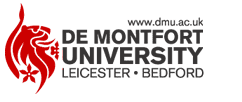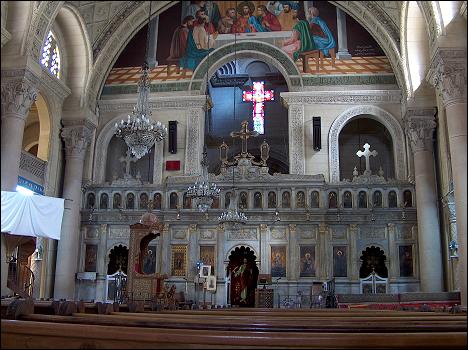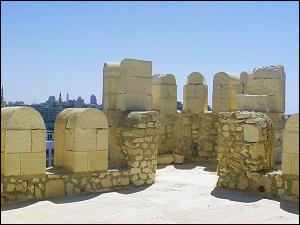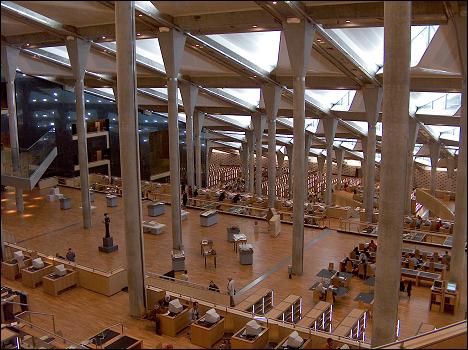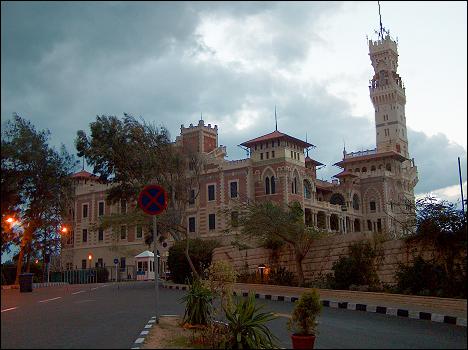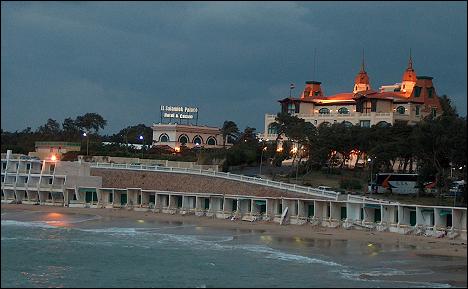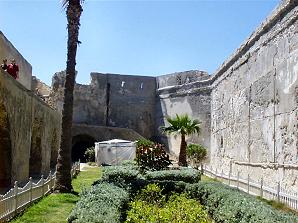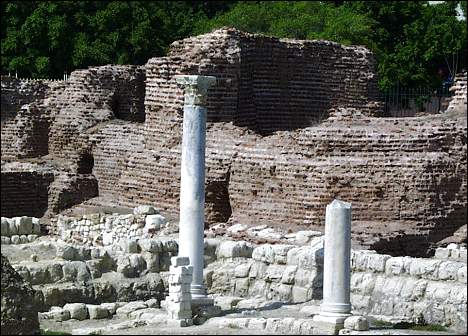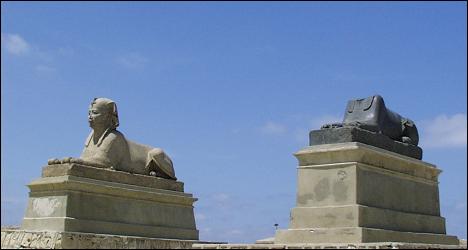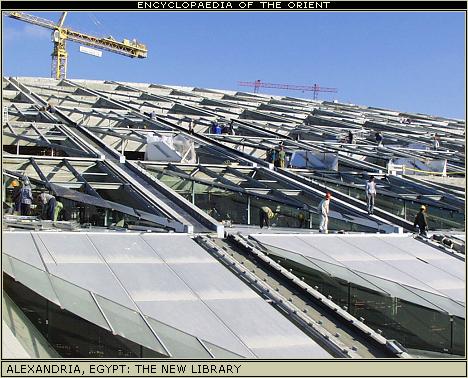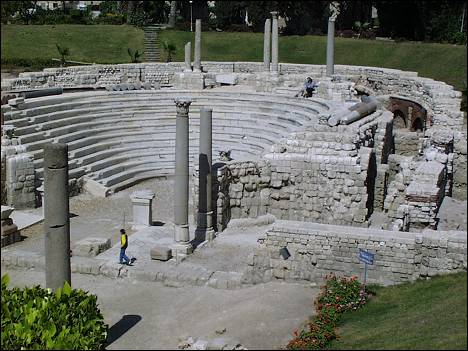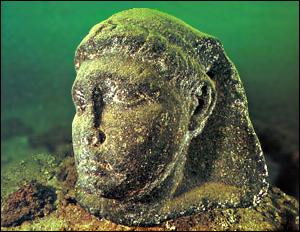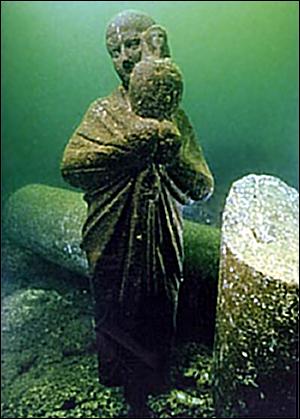
MESM'2006
August 28-30 2006, Mercure Romance Hotel, Alexandria, Egypt
Conference Venue
Conference Venue
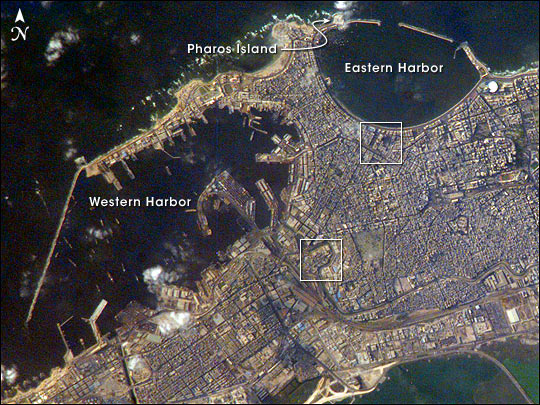 This year's conference will be held in Alexandria, a city
and port in northern
Egypt
with about 4.5 million inhabitants (2005 estimate), situated on the Mediterranean Sea,
2 kilometres from the inland Lake Mariout, near the outlets of the Salam canal,
which receives its water from the Rosetta river (coming from the Nile).The city is a
commercial and economic centre, and about 80% of all of Egypt's imports and exports go
through its harbours. Alexandria is also a very important tourist resort, with a 20 km
long waterfront, serving the rich and the middle class of Cairo where the summer heat can
make life in the capital unbearable.
This year's conference will be held in Alexandria, a city
and port in northern
Egypt
with about 4.5 million inhabitants (2005 estimate), situated on the Mediterranean Sea,
2 kilometres from the inland Lake Mariout, near the outlets of the Salam canal,
which receives its water from the Rosetta river (coming from the Nile).The city is a
commercial and economic centre, and about 80% of all of Egypt's imports and exports go
through its harbours. Alexandria is also a very important tourist resort, with a 20 km
long waterfront, serving the rich and the middle class of Cairo where the summer heat can
make life in the capital unbearable.
|
Ancient Alexandria's heydays stretch over a period of about 1,000 years, while the period of decline of its importance covers centuries. During the city's three earliest centuries, it was perhaps the leading cultural centre of the world, housing people of different religions and philosophical orientations. Alexandria was famous for the extensive library, which in the 3rd century BCE was said to contain 500,000 volumes. Additionally, Alexandria was renowned for the lighthouse of Pharos. A third landmark of Alexandria, the Mouseion, was a centre of research, with laboratories and observatories. Alexandria was the very first centre for
Biblical studies, and it was here that the
Old Testament assembled in a form very similar to its present one. Even earlier than this, Alexandria was the seat of the formation of the important cult of Serapis, a synthesis of Greek and Egyptian mythology. Other sciences were practiced in Alexandria as well, and scholars like Euclid and Erasthosthenes worked here. With its architecture at that time, Alexandria could easily compete with Rome and Athens. Alexandria was also an important trading post between Europe and Asia, because it profited from the easy overland connection between the Mediterranean Sea and the Red Sea. |
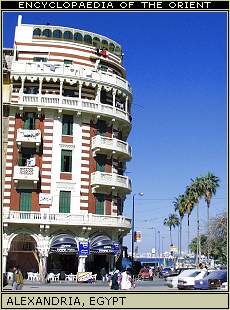 |
To get a feel for the city. I have enclosed some snapshots of the city's places of interest, which are not posted on the other pages.
|
|
|
|
|
|
|
|
|
|
|
|
The conference itself will be held at a hotel in Alexandria on the Corniche (waterfront). More information to follow shortly
|
|
HOW TO GET TO EGYPT AND ALEXANDRIA |
|
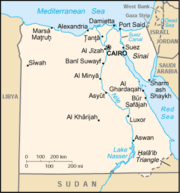
Map showing the general location of Alexandria
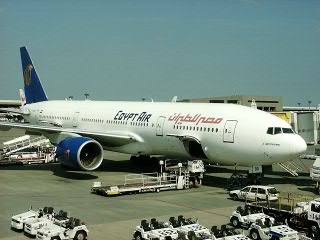 By Air By Air |
Alexandria Airport, Egypt,
Alexandria
Tel: +20 (0)3 963979, +20 (0)3 963535, +20 (0)3 427 2020
Fax: +20 (0)3 427 2021
Selected airlines serving El Nohza Airport
Note: This list of airlines that fly to El Nohza Airport is maintained on a best-effort basis. Schedules change frequently, and not all airlines make their route information readily available. Please consult airlines directly for the most accurate flight listings.
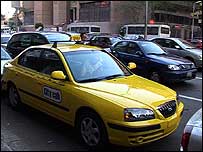 By Car, Public Transport and Train
By Car, Public Transport and Train |
 By Ferry By Ferry |
VISA Information
Health Information
- Hepatitis A
- Typhoid
- Cholera
- Yellow fever
- Tetanus
There are no great health dangers when travelling in Egypt, and if you get sick, people in pharmacies will understand your body language, and come up with effective drugs. And if this isn't enough, doctors are easy to come across, well-trained, and fluent in English. If you're careful in the heat, eat in places that look clean and have many visitors, and drink bottled water, no more than a normal diarrhea will come your way.
 Useful weblinks
will be posted here soon.
Useful weblinks
will be posted here soon.
|
|
|
|


















